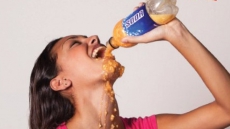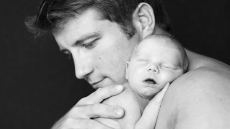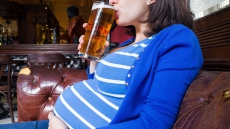Every morning when you brush your teeth, do you remember your dentist's advice? No worries as even he may be wrong about the best way to brush.
According to new a research by University College London, the advice on how we should brush our teeth from dental associations and toothpaste companies is "unacceptably inconsistent".
The study looked at the brushing advice given by dental associations across 10 countries, toothpaste and toothbrush companies and in dental textbooks.
The researchers found no clear consensus between the various sources, and a "worrying" lack of agreement between advice from dental associations compared with dental textbooks.
"The public needs to have sound information on the best method to brush their teeth," said Aubrey Sheiham, emeritus professor of dental public health at UCL.
The most commonly-recommended technique involves gently jiggling the brush back and forth in small motions, with the intention of shaking loose any food particles, plaque and bacteria.
However, no large-scale studies have ever shown this method to be any more effective than basic scrubbing.
"Brush gently with a simple horizontal scrubbing motion, with the brush at a 45 degree angle to get to the dental plaque," Sheiham advised.
To avoid brushing too hard, hold the brush with a pencil grip rather than a fist.
This simple method is perfectly effective at keeping your gums healthy.
There is little point in brushing after eating sweets or sugary drinks to prevent tooth decay.
"It takes bacteria from food about two minutes to start producing acid, so if you brush your teeth a few minutes after eating sugary foods, the acid will have damaged the enamel," researchers claimed.
The study appeared in the British Dental Journal.






